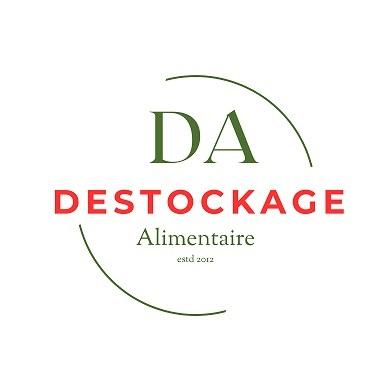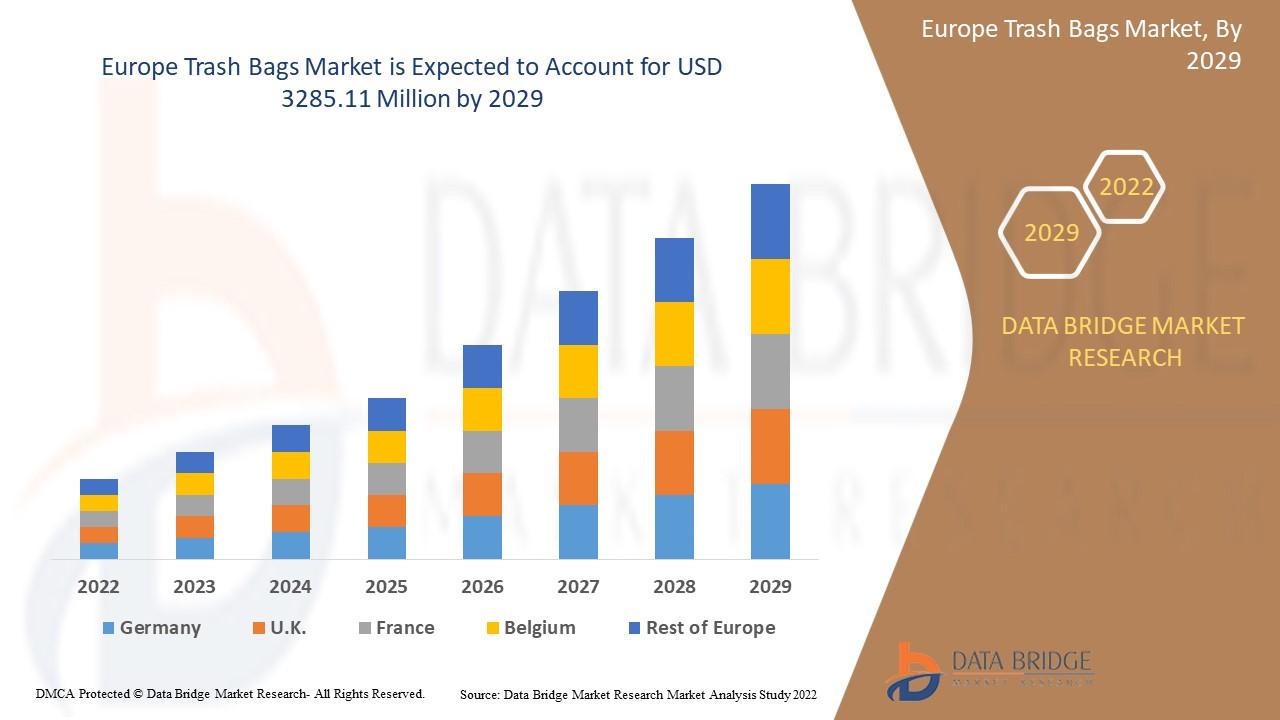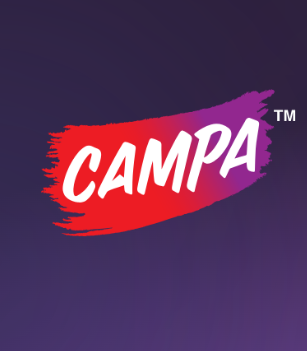Destockage Alimentaire: The Smart Way to Save Money and Reduce Food Waste

Introduction
In a world increasingly conscious of both economic and environmental issues, destockage alimentaire—or food clearance sales—is gaining popularity among savvy shoppers and sustainability advocates alike. Rooted in the idea of selling off surplus or soon-to-expire food at heavily discounted prices, this practice helps reduce food waste while also offering consumers a way to save money. Whether you're shopping for your household, a business, or a charitable organization, understanding the ins and outs of food destocking can bring significant benefits.
In this article, we'll explore what destockage alimentaire is, why it matters, where you can find it, and how it can fit into your lifestyle.
What Is Destockage Alimentaire?
Destockage alimentaire refers to the sale of food products at reduced prices because they are overstocked, approaching their expiration dates, or part of discontinued product lines. These items are still safe to consume and are often sold through:
-
Discount retailers
-
Online clearance platforms
-
Wholesale warehouses
-
Specialized destocking stores
Unlike traditional grocery sales, which are often promotional, food destocking focuses on clearing inventory quickly to prevent waste.
Why Destockage Alimentaire Matters
1. Reduces Food Waste
According to the Food and Agriculture Organization (FAO), approximately one-third of all food produced globally is wasted. A significant portion of this waste comes from retailers discarding unsold products. Destockage alimentaire offers an alternative by giving these products a second chance before they reach the landfill.
2. Offers Significant Savings
Food clearance sales can offer discounts of 30% to 70% or more, depending on the product and its condition. Families, students, and low-income individuals can access quality food at a fraction of the regular cost.
3. Supports Sustainable Consumption
By participating in destocking, consumers take a stand against the "throwaway culture" and promote sustainable consumption. It's a small but meaningful way to help combat climate change and resource waste.
What Types of Products Are Sold?
You might be surprised at the variety of items available in food clearance sales. These include:
-
Dry goods (pasta, rice, cereal)
-
Canned foods (vegetables, beans, soup)
-
Snacks and confectionery
-
Non-perishables (spices, sauces)
-
Frozen foods
-
Beverages (juices, bottled water, soda)
Even organic and gourmet items can often be found in food destocking stores, particularly from brands that are changing packaging or discontinuing product lines.
Common Reasons for Destocking
Several factors lead to products being placed in food destocking:
-
Near expiration dates: Products are close to their best-before dates but are still safe to consume.
-
Overstocking: Retailers or manufacturers may have ordered more than they could sell.
-
Packaging changes: Brands updating packaging often clear out old designs, even though the product inside is unchanged.
-
Seasonal items: Holiday-themed products are often sold at discounts after the season ends.
Understanding these reasons helps reassure consumers about the safety and quality of destocked items.
Where Can You Find Destockage Alimentaire?
1. Specialized Destocking Stores
These brick-and-mortar outlets focus entirely on discounted food and household items. In France, examples include Noz, Action, and Max Plus.
2. Online Clearance Websites
Many websites specialize in online food destocking. Popular platforms include:
-
ToGoodToGo – Offers discounted surplus food from restaurants and stores.
-
Phenix – Partners with supermarkets to sell unsold food at reduced prices.
-
Vente-Destockage.fr – Features clearance food and beverages.
3. Supermarkets and Hypermarkets
Some large grocery stores have a clearance section where you can find items nearing expiration or on promotion.
4. Apps and Mobile Platforms
Apps like Too Good To Go and Olio are revolutionizing food rescue by connecting consumers with nearby stores or individuals offering discounted or free surplus food.
How to Shop Smart During Food Destocking
1. Check Expiration Dates
While many products are still safe to consume past the "best before" date, be cautious with "use by" dates, especially on fresh or perishable items.
2. Stick to a List
It’s easy to overbuy when items are heavily discounted. Make a shopping list and stick to it to avoid waste at home.
3. Check for Damage
Some products may have damaged packaging, which is typically cosmetic. However, avoid products with broken seals or torn wrappers.
4. Know Your Storage Limits
Make sure you have enough fridge or freezer space if you're buying items in bulk or perishables.
5. Be Open to New Brands
Food destocking can introduce you to new or foreign brands at lower prices, expanding your culinary horizons.
The Legal Side: Is It Safe?
Yes, food clearance items are safe to eat as long as they are sold in compliance with food safety regulations. Most countries have strict rules about selling food past its "best before" or "use by" date. Retailers are required to ensure the food is safe, and many items are still of good quality even after the date has passed.
Always trust your senses—look, smell, and taste (if safe)—before consuming products past their best-before date.
The Social Impact of Food Destocking
Destockage alimentaire is more than just a way to save money. It has broader social and ethical benefits:
-
Helps fight hunger: Leftover food from clearance can be donated to food banks or shelters.
-
Supports food justice: It ensures access to quality food for those who might otherwise go without.
-
Raises awareness: Shopping from destocking stores promotes a mindful approach to food consumption and waste.
Conclusion
Destockage alimentaire is a practical, ethical, and economical choice for modern consumers. It offers a win-win solution: saving money while reducing waste and promoting sustainability. As inflation rises and environmental concerns become more urgent, food destocking is set to become a major part of how we shop and eat.
Whether you're a budget-conscious shopper or a sustainability enthusiast, exploring food clearance sales is a smart move. By supporting this growing movement, you're contributing to a healthier planet and a more equitable food system—one purchase at a time.
Want to get started? Check out local discount stores, download food-saving apps, or visit online food clearance platforms today. Your wallet—and the planet—will thank you.







